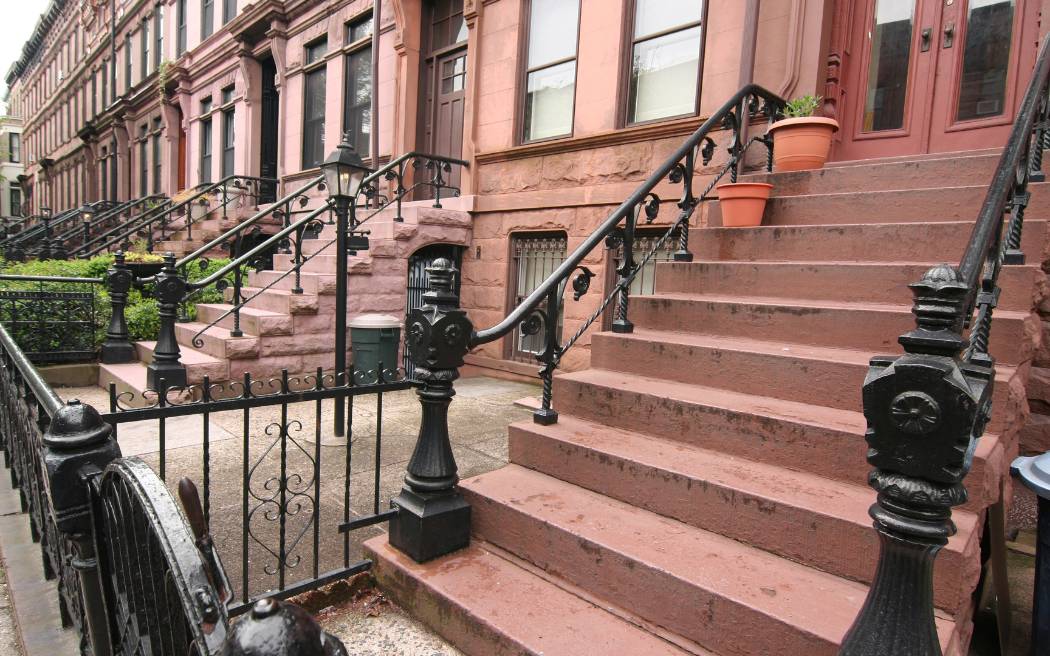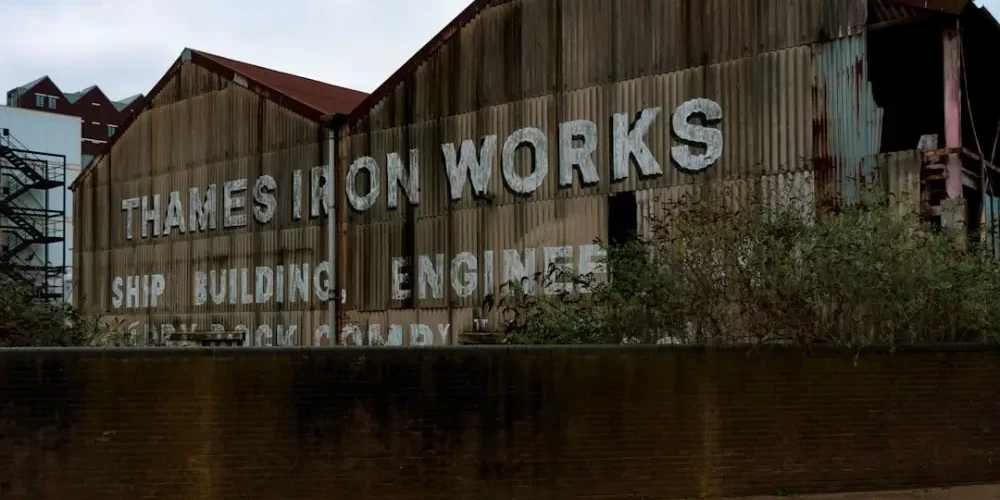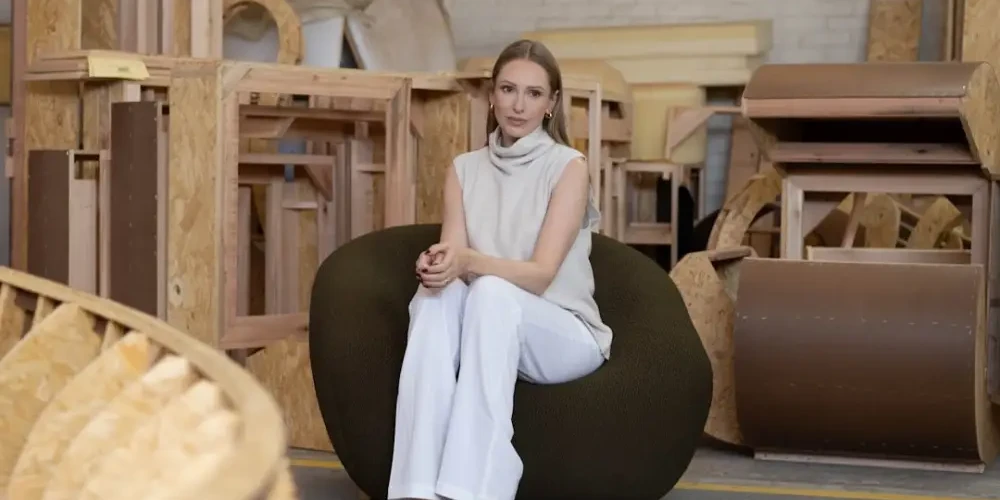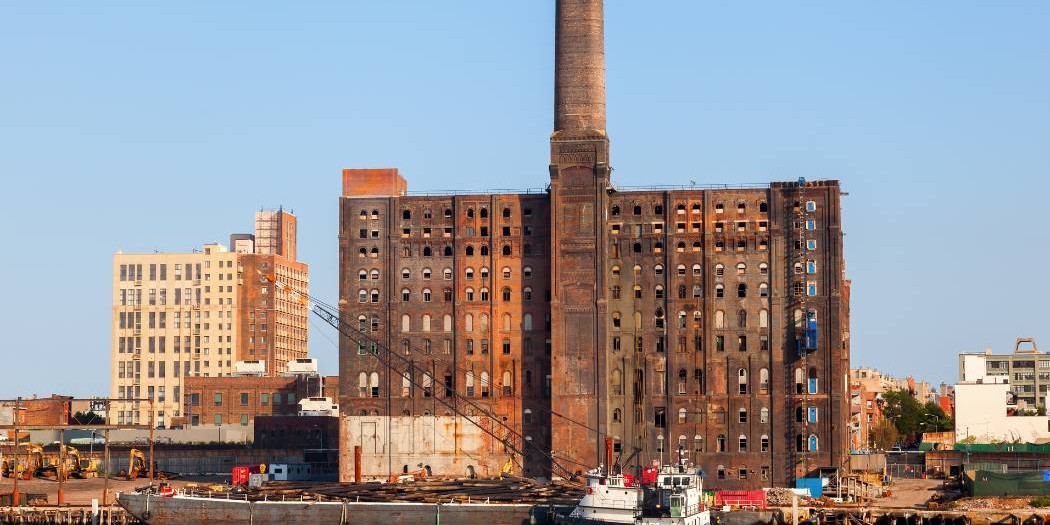Brooklyn has evolved dramatically over the past two decades. Once dominated by factories and warehouses, much of the borough has transformed into a hub for tech startups, luxury housing, and creative industries. But amid this rapid urban change, one truth remains: industrial jobs still matter and now more than ever.
1. They Anchor Economic Diversity
Industrial sectors like advanced manufacturing, food production, logistics, and skilled trades create foundational economic resilience. These roles support a broad spectrum of income levels, counterbalancing Brooklyn’s increasingly service-dominated economy. Without them, the borough risks becoming economically mono-industrial, vulnerable to downturns in white-collar sectors.
2. They Provide Living-Wage Jobs Without Requiring a Four-Year Degree
Not everyone has access to college, and not every career requires it. Industrial jobs offer well-paying opportunities to those who are skilled, trained, and ready to work without incurring student debt. In an economy where upward mobility is increasingly tied to education, these roles level the playing field.

3. They Serve the City’s Essential Needs
From food distribution to building maintenance, from logistics networks to sustainable production, industrial workers keep the city running. Brooklyn’s industrial zones are responsible for much of the unseen infrastructure that keeps New York alive. Eliminating them undermines the city’s functionality and emergency preparedness.
4. They Drive Innovation in Sustainability
Modern industry isn’t the polluting stereotype of the past. Many Brooklyn-based manufacturers are pioneers in green innovation, circular economy models, and carbon-neutral production. Local factories are adapting to build for the future—offering smart, sustainable alternatives to global supply chains.
5. They Create Local Multiplier Effects
For every industrial job, multiple secondary jobs are created in distribution, repair, services, and retail. Industrial employment doesn’t just help the worker, it sustains the broader community. When these jobs disappear, so do the businesses that depend on them.
Bottom Line: Brooklyn Needs Industry to Stay Brooklyn
The push to rezone and redevelop industrial land for luxury real estate might bring short-term profits but at long-term cost. If Brooklyn wants to remain economically diverse, socially inclusive, and truly self-sustaining, it must protect its industrial base. These jobs don’t just preserve the past—they shape a more equitable and resilient future.
Related Posts
How digital maps are finally helping us find our local workshops
Discover how digital maps are bridging…
The New Industrial Synthesis: Craft Meets Commerce in Brooklyn
Explore how hybrid industrial spaces…




